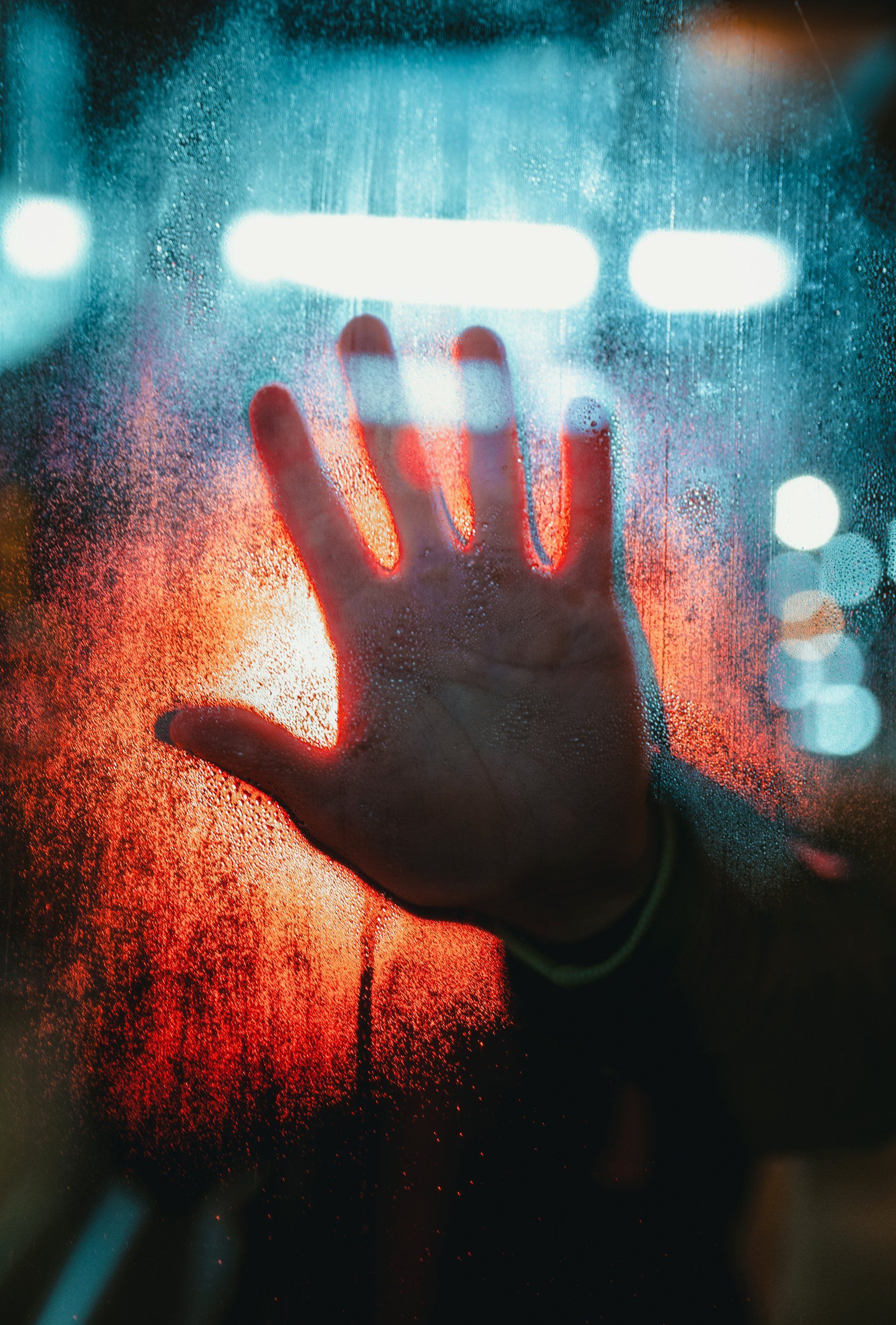Long covid special – This is what our covid sterilisers protect you from
Two out of three people remain infectious after 5 days of covid, bringing the official self-isolation advice under question. As many as 50% of us might not even realise we’re carrying the Omicron variant. And while an ordinary case of flu can leave people with a bigger risk of neurological or psychiatric condition up to two years after recovery, the risks are even higher with covid. At the same time one in eight of us in the UK ended up with long covid early in the pandemic, and the condition has lasted more than a year for 376,000 of us.
This is what our lights and sterilisers protect you, your employees, the public, your suppliers and visitors from.
As we get more insight from the scientific community into long covid, it’s becoming even more obvious that everyone needs to do their bit to protect themselves and others from what can be a life-changing condition. Read on to find out the latest information about long covid, provided by a series of articles in New Scientist magazine and Google news. Welcome to our Long Covid special.
What’s going on with long covid?
The World Health Organization defines long covid as an illness that usually happens within three months of the onset of covid, whose symptoms – which can’t be explained any other way - last at least 8 weeks. They say it involves at least one symptom that has increased to moderate severity three to five months after developing covid. The most common long covid symptoms are a loss of smell and taste, painful muscles, and general severe tiredness. Chronic tiredness is the most common of all.
12.5% of adults with a covid infection in the early stages of the pandemic ended up with long covid, according to a survey in the Netherlands. They also found long covid symptoms take longer to die away in women than men, potentially because women can ‘face greater barriers to healthcare and so seek out help for symptoms later’.
Chronic fatigue already affected almost 1% of the world’s population but many think it could now be an underestimate thanks to long covid. So do we know any more about it?
Scientists are looking into whether long covid is down to issues with the blood itself, leading to hyperbaric oxygen therapy being tested to alleviate the symptoms. Early results are hopeful, revealing the treatment may be able to reduce brain fog, pain, and fatigue.
Other scientists are looking into inflammation as the cause for exhaustion, it being the body’s first line of defence against injuries and infections, releasing proteins called cytokines to prime the immune system for action. They evolved to force the body to relax when healing itself, which is why their release makes us feel so exhausted, heavy, and unable to move. An activated immune system takes up a tremendous amount of energy. In an ideal world the inflammation and fatigue fall away once you’re no longer infected. But when the inflammation becomes chronic, you can find yourself suffering in the long term.
What about the UK’s mysterious 22,500 ‘excess deaths’?
The UK has experienced 22,500 more deaths than usual, something that has hit the headlines, so does long covid have anything to do with it? There’s a range of possible reasons, and the most obvious reason is covid.
There were twice as many covid deaths this summer than there were in summer 2021 but that still leaves an extra 9,500 or so excess deaths unaccounted for. Experts say covid could be behind most of these deaths, simply because there have been so many covid cases. In early June 2022, for example, 990,000 of us had covid, mainly the BA.4 and BA.5 omicron sub-variants. By early August 2022 it was more than 1.7 million. And we already know a case of covid puts you at more risk of dying from other conditions, leading one scientist to say, “It's highly likely that covid would be implicated to some extent.”
Covid also disrupted the NHS, and while it isn’t yet clear whether the mysterious rise in deaths is related, it could have delayed treatment for medical conditions like cancer, diabetes and heart problems. When cancer screening effectively stopped for a few months during lockdown and beyond, many people’s tests and treatments were delayed. There’s no doubt we’ll see knock-on effects, but the scale of them isn’t yet known.
We’ll leave the last word to Azeem Majeed at Imperial College London. As he said, “It is important the government investigates this issue, particularly the question of whether delays in treatment are contributing to excess deaths.”
Covid hasn’t gone away, long covid can be a nightmare
We don’t see covid case numbers or deaths on TV any more. But covid is still well and truly with us and many of us remain at risk of long covid, which can leave us unable to work or function properly for months, often more than a year, sometimes longer. But we can help stop the spread, protect people, and help keep the UK afloat as things nosedive into a horrendous recession.
Our lights and sterilisers work hard to kill covid and loads more pathogens in no time. They run on LED bulbs so use very little energy. They’ll keep your premises safe and clean for people – and we’re worth it!










